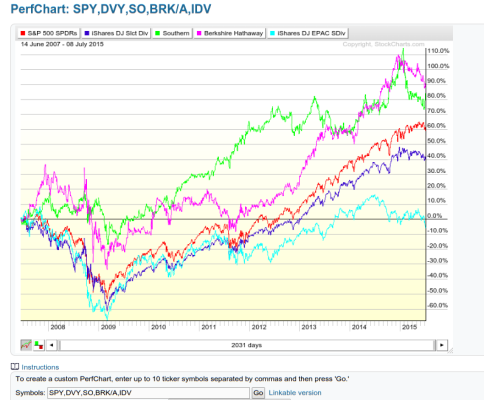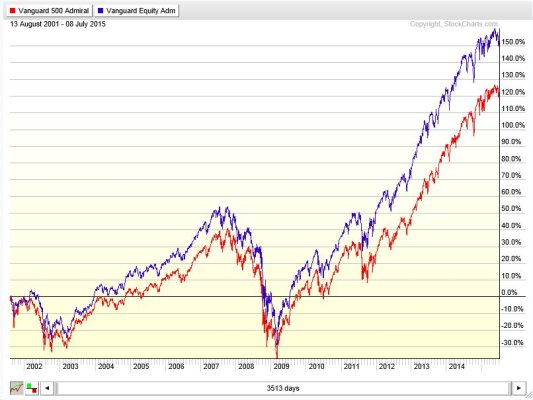RunningBum
Give me a museum and I'll fill it. (Picasso) Give me a forum ...
- Joined
- Jun 18, 2007
- Messages
- 13,235
From a recent webcast Q&A
https://personal.vanguard.com/us/insights/video/3253-Retail-Exc2
https://personal.vanguard.com/us/insights/video/3253-Retail-Exc2
"What are the most costly mistakes that people make when managing their own portfolios and retirement?"
Maria Bruno: I'll start. I think two. One would be focusing on income throughout retirement. So focusing on trying to generate income as opposed to looking at the portfolio holistically and investing for total return, which would be both growth and income. Especially in the low interest rate environment that we've been living in, it's very difficult to get an adequate level of income only from a portfolio without altering the characteristics of the portfolio. So I think that would be one.


